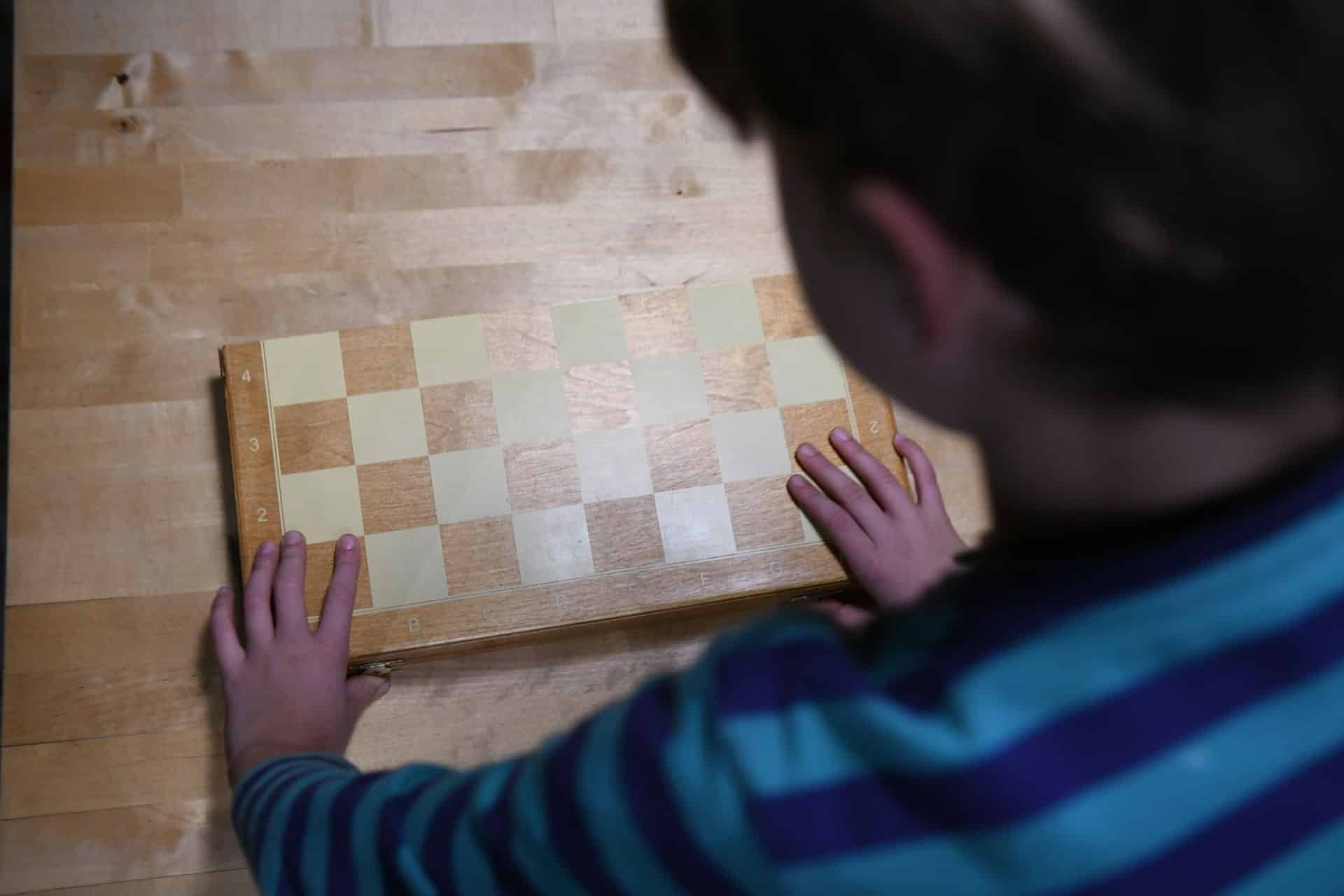Chess has long been regarded as a game that challenges the mind and encourages deep thinking. For centuries, students, from elementary school to college, have been drawn to this game for its ability to stimulate critical thinking skills. But beyond the enjoyment of playing, chess offers valuable learning opportunities that can enhance academic performance. Whether you're studying for exams, completing homework assignments, or tackling challenging projects, incorporating chess into your routine can sharpen your ability to think critically.
For students balancing a busy schedule of studying and school-related tasks, playing chess can offer a break from the routine while still keeping the brain engaged. The skills developed on the chessboard, such as planning, decision-making, and strategic thinking, can be directly applied to academic work. This means that students can improve their ability to handle assignments and complex problems through chess. Furthermore, services like WritePaper write essays for money can support students when they need assistance with their academic workload, allowing them to focus on developing valuable life skills like critical thinking.
Table of Contents
How Chess Boosts Problem-Solving Abilities
Critical thinking is all about problem-solving. When students play chess, they are constantly faced with new challenges that require them to think several steps ahead. Whether you're planning your next move or predicting your opponent’s strategy, chess forces you to analyze the situation, assess possible outcomes, and make the best decision based on the available information. This practice is directly applicable to school assignments, where students must evaluate their options, weigh the consequences, and choose the best course of action.
Moreover, chess encourages students to break down complex problems into smaller, manageable parts—a technique that is essential for solving math problems, writing essays, and completing other schoolwork. By learning to approach problems methodically, students become better at tackling challenging subjects in school and college.
Enhancing Focus and Concentration Through Chess
In today’s world, distractions are everywhere, making it hard for students to concentrate on their studies. Chess, however, demands intense focus and concentration. A single mistake can lead to a loss, so players must stay alert and fully engaged in the game. This level of concentration can carry over into a student’s academic life, helping them stay focused on studying and completing homework.
By training their minds to focus on a chess game for an extended period, students can develop the mental stamina needed for longer study sessions. This ability to concentrate is critical when preparing for exams, working on assignments, or tackling complex homework problems. As chess helps to improve attention span, students will find it easier to stay on task and complete their work more efficiently.
Strategic Thinking: A Skill That Transcends the Chessboard
One of the key benefits of chess is the development of strategic thinking. Players must plan their moves carefully, considering both short-term tactics and long-term strategies. This type of thinking is essential for success in school and college, where students often face complex assignments that require careful planning and time management.
For instance, when students receive a multi-step project, they must think ahead, prioritize tasks, and allocate time effectively—just like when playing chess. This skill helps students not only in school but also in managing extracurricular activities and personal responsibilities. Strategic thinking, honed through chess, prepares students for success in academic and real-world challenges.
Chess as a Tool for Academic Improvement
Studies have shown that students who play chess tend to perform better academically. Chess teaches analytical thinking, logical reasoning, and decision-making skills, all of which are critical for excelling in school. By practicing chess regularly, students can improve their ability to approach difficult assignments, process information quickly, and respond to challenges effectively.
Additionally, chess helps students develop patience and persistence—two qualities that are essential when studying for exams or completing long-term projects. These qualities make it easier for students to tackle challenging homework and stay motivated when facing difficult subjects.
How Chess Encourages Lifelong Learning
Chess isn’t just about winning; it’s about learning. Every game offers new lessons, and players continuously improve through practice. This mindset of lifelong learning is valuable for students, who can apply the same approach to their academic lives. By viewing their studies as an ongoing process of growth and improvement, students can maintain a positive attitude toward learning, even when faced with difficult subjects or challenging assignments.
For students, learning never stops, whether they are in school, completing assignments, or pursuing higher education in college. Chess reinforces the idea that with practice and persistence, anyone can improve—both on the chessboard and in the classroom.
Conclusion: The Lasting Impact of Chess on Students
In conclusion, playing chess offers students a unique opportunity to develop critical thinking skills that can enhance their academic performance. Whether it's improving problem-solving abilities, enhancing focus, or fostering strategic thinking, chess helps students in more ways than one. For those who want to maximize their learning potential, chess can be a powerful tool to complement their studies.
For students looking to enhance their critical thinking and academic performance, chess is a great start. And when it comes to tackling major academic challenges, don’t hesitate to purchase dissertation online to help balance your academic workload.





